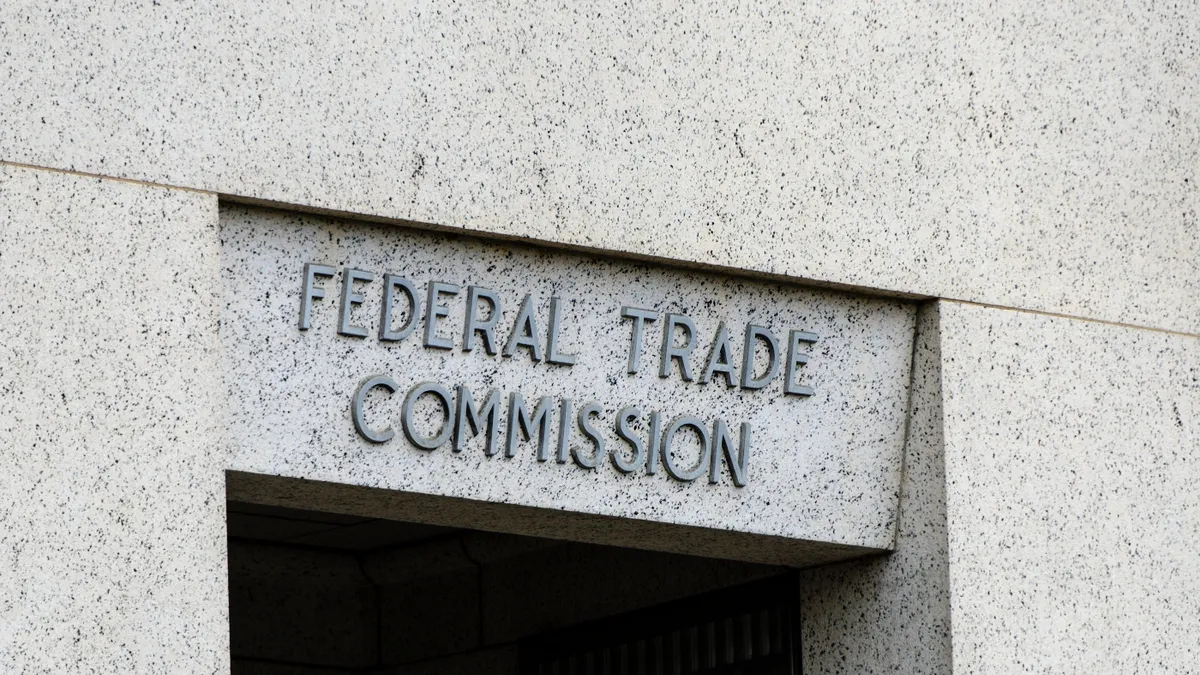CFOs can expect their tax team to face new terrain this year as they process federal 1099 tax forms for non-employee compensation, a compliance specialist said in a webcast from Airbase, a corporate spending management company.
For the last several decades, tax teams have been reporting information on vendors and others who receive non-employee compensation on Form 1099-MISC, but last year the IRS dusted off a form it hasn’t used since the early 1980s, Form 1099-NEC, with NEC standing for non-employee compensation.
Instead of listing that compensation on Box 7 of 1099-MISC, tax teams are supposed to use 1099-NEC and get it sent out to recipients, the IRS and states by January 31.
Although reviving the 1099-NEC form last year is a change, the deadline isn’t. Since 2015 tax law changes, non-employee compensation reporting has had a January 31 deadline, the result of changes in the Protecting Americans from Tax Hikes (PATH) Act passed that year. Previously, the reporting was done on 1099-MISC, but the IRS returned to its use of 1099-NEC to help reduce confusion, given 1099-MISC reporting is typically due by the end of March. In effect, the IRS was asking tax teams to meet two deadlines using one form.
“It created a fiasco,” Wendy Walker, solution principal at Sovos, a 1099 reporting software company, said of the two filing deadlines. “They ended up issuing penalties unnecessarily to filers, and so to remedy that, they resurrected this 1099-NEC form.”
Vendors, contractors
Form 1099-NEC is just for non-employee compensation, which means payments to vendors or contractors or for professional services like accounting and legal work. As with Form 1099-MISC, the minimum is $600 per recipient, so anyone receiving above that threshold must receive the form from your tax team by January 31.
There are exceptions. Although payments for legal services are included, you would make an exception for litigation-related expenses. Payments to a law firm for standard services, like reviewing contracts and providing advice, would fall under non-employee compensation. But payments to a firm for representing your organization in a lawsuit, or paying a settlement amount, would fall under payments that would be reported on 1099-MISC.
“Rules for 1099-MISC reporting are different from the rules for 1099-NEC reporting,” Walker said, “so make sure you understand your exceptions around thresholds, recipients and their types of payments.”
For both forms, amounts are reported in gross, not net, so there shouldn’t be any withholdings or deductions or anything like that taken out.
Other exceptions that applied previously, when reporting was done on Form 1099-MISC, continue on 1099-NEC, which means your team doesn’t have to report payments made to a 501(C) nonprofit or a corporation or any payments made using credit cards or payment cards, because the third-party processor for those transactions files those reports.
State processes
More complicated is meeting state filing requirements. Although requirements haven’t changed, the states that participate in an IRS program for sharing 1099 filing information change every year, and even for those that participate, some still require separate filing. So, tax teams must stay updated on processes in states in which vendors and contractors reside.
“If your company is doing business in Ohio, and you have an office in Ohio, but you’re paying recipients in Pennsylvania and New Jersey, those states expect to receive the 1099s for those residents,” she said.
It’s no different than sending out W-2s to employees who live in states other than where your organization has operations.
The IRS has also made a few technical changes to the process organizations follow when they submit their 1099 information to the IRS using its online platform.
Among other things, for organizations that are requesting a new transmitter control code (TCC) — what the IRS calls companies and organizations that have access to its online platform for reporting 1099 information — the process has changed and tax teams can expect a few more hurdles in getting access.
“If they need a new TCC, they should get that application started ASAP,” she said.





















